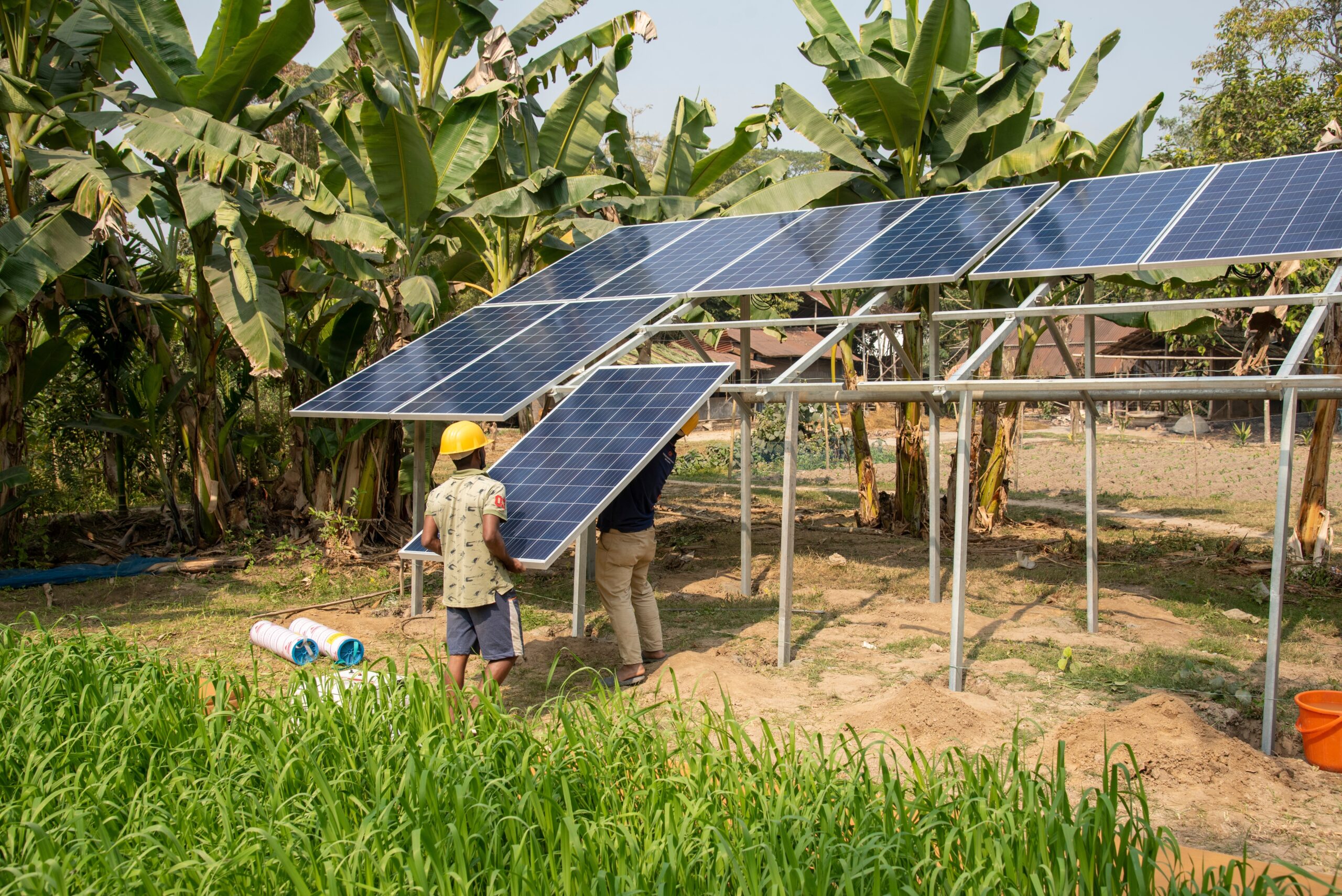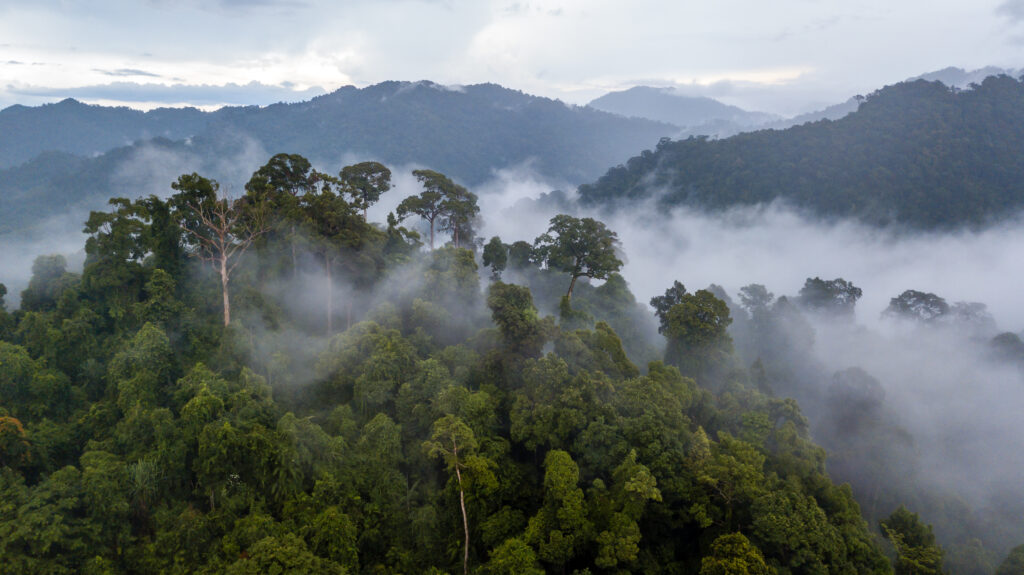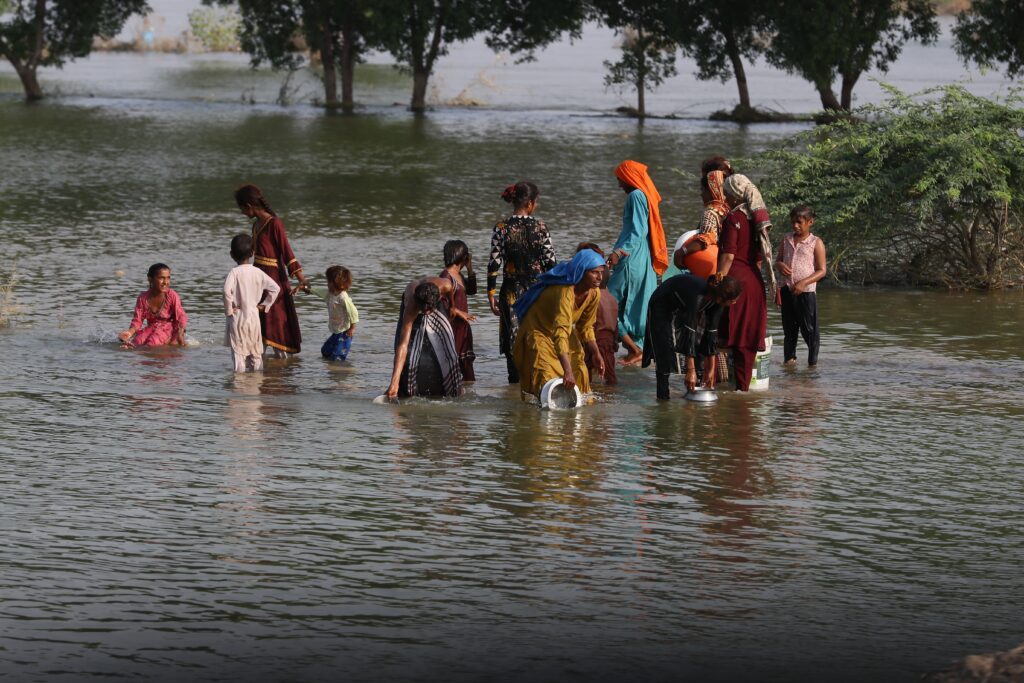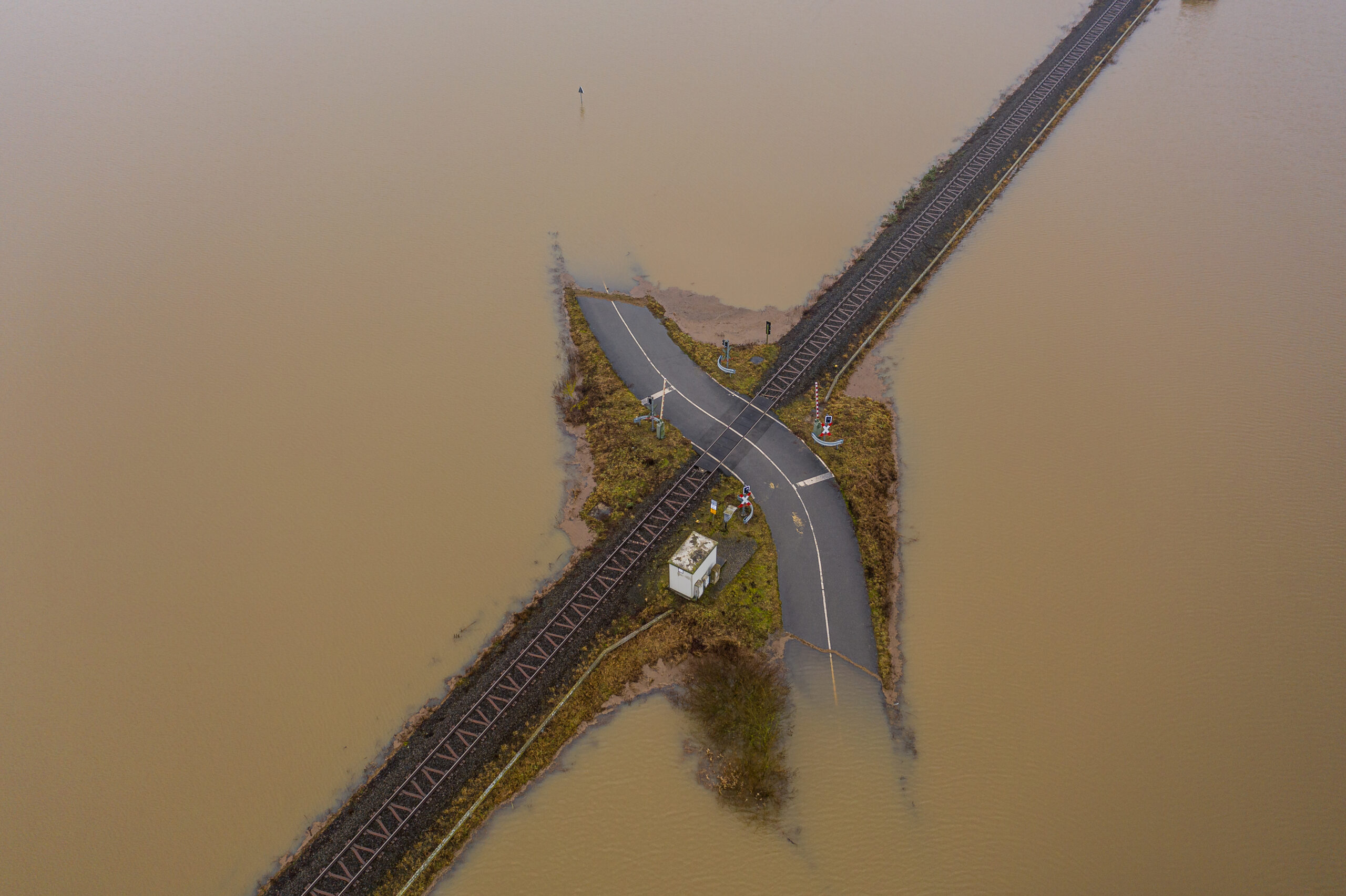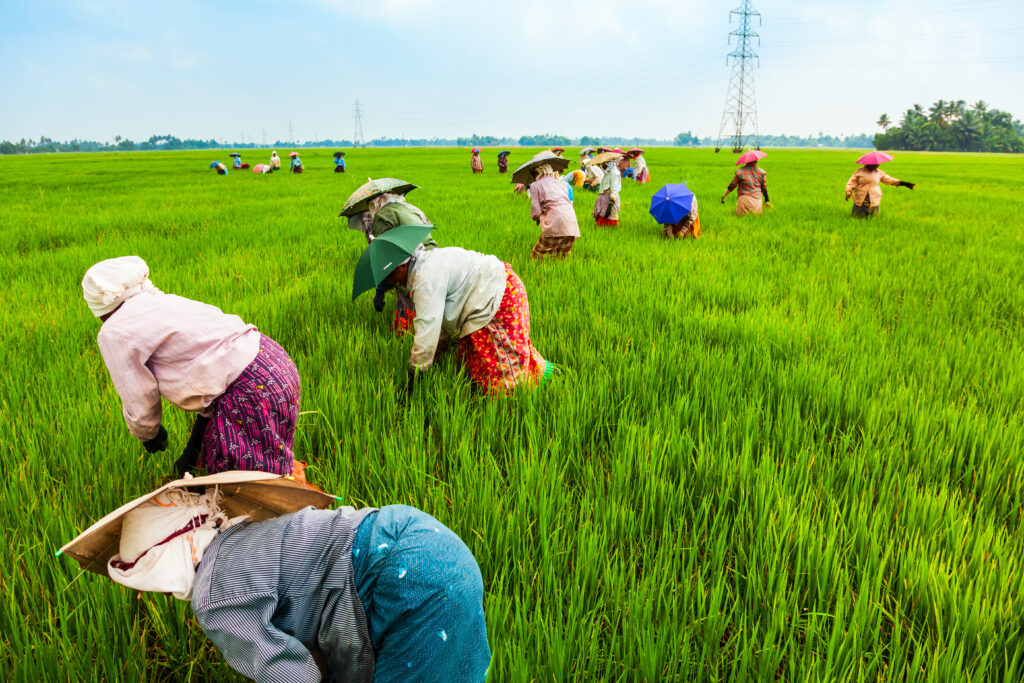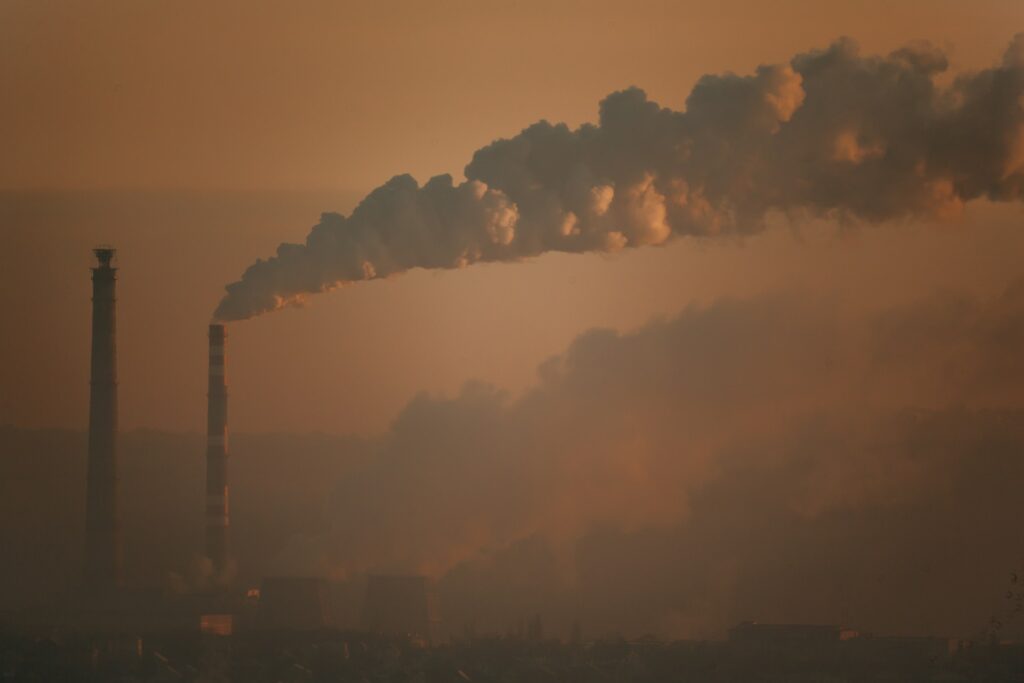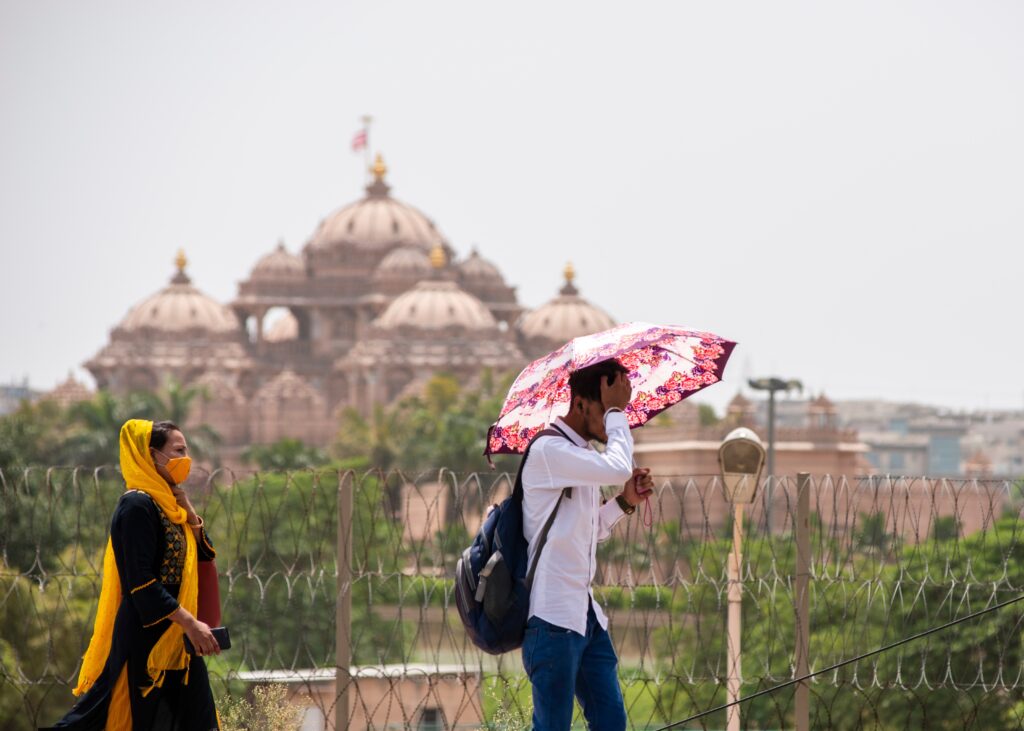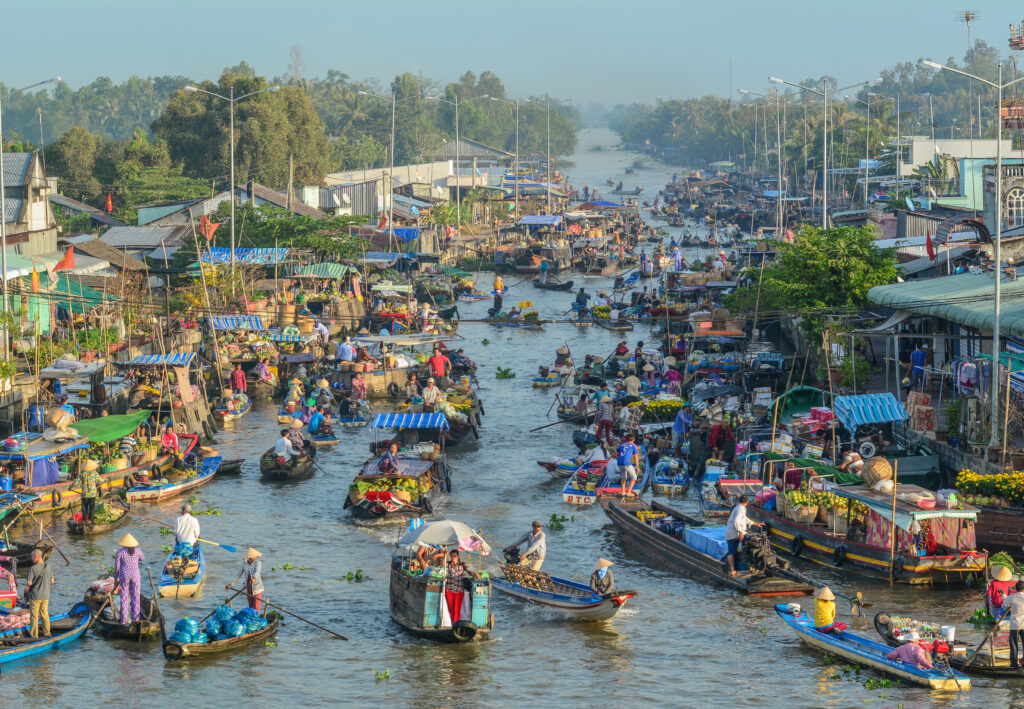In a recent World Resources Institute (WRI) report, India hails solar energy as a powerful healthcare solution. While electricity plays an indispensable role in health care, nearly 1 billion people in the Global South do not have access to healthcare facilities with reliable electricity or any at all. In India alone, several thousand rural public health facilities operate without electricity, profoundly impacting patients and health workers alike.
Solar Power in India: Energy and Healthcare as a Human Right
Entitled A Spoonful of Solar to Help the Medicine Go Down: Exploring Synergies Between Health Care and Energy, the report studied 22 decentralised solar interventions across six Indian states to understand these systems’ roles in rural health facilities. At the report’s launch, WRI experts highlighted the transformative role of decentralised solar power in enhancing healthcare accessibility and quality. Jennifer Layke, the institute’s global director of energy, said that health care is a fundamental human right, and spoke about the importance of the availability and accessibility to quality health care without discrimination. “We know that in order to ensure we have modern health care, we also need modern electricity. Bringing quality health services to all people includes bringing energy to all people,” said Layke.
Solar Energy in India: How Can It Help Healthcare Quality and Access?
Electricity both enables health services and improves health outcomes. Reliable access to electricity is required for the majority of critical and life-saving medical services to be delivered to people. For example, vaccine storage, continuous oxygen supply, running medical equipment for emergency medical procedures and water and sanitation all rely on electricity provision.
The links between electricity and health care are therefore innate. Yet, for rural parts of India, unreliable or absent electricity poses a severe issue for healthcare provision. In many cases, electricity means the difference between life and death, said Salvatore Vinci, sustainable energy advisor at the World Health Organization (WHO).
In energy-poor regions, decentralised renewable energy (DRE), primarily solar, has emerged as a cost-effective and viable solution. Health facilities are increasingly considering these systems to bridge the energy access gap. Simultaneously, decentralised solar enhances health facilities’ climate resilience and builds their long-term adaptive capacity for quality patient care, said Vinci.
Solar PV Modules for Health Care: Driving Forward India’s Sustainable Development
Energy is integral to 125 of the 169 Sustainable Development Goal (SDG) targets, the WRI report highlights. For example, an important barrier to achieving SDG 3, which aims to “ensure healthy lives and promote well-being for all at all ages”, is the lack of reliable and affordable electricity.
Equipping more remote health facilities with access to decentralised solar energy solutions can not only quickly improve service delivery and support more patients, but it can also help achieve the nations’ long-term climate goals and mitigate climate-related health impacts, such as heat stress, food insecurity and infectious disease.
As Rahul Srinivasan, senior energy specialist at Sustainable Energy for All (SEforALL), says: “India can meet universal health goals with the help of distributed renewable energy, which essentially means that India can meet its RE and climate targets while simultaneously achieving positive health outcomes.” While clean power might be best known for its potential to reduce carbon emissions, its potential to bring direct life-saving services to rural communities should not be overlooked.
Scaling Up Decentralised Solar Power Generation
India has a vast solar energy potential and receives about 5,000 trillion kWh per year of solar energy. India also has the goal of achieving 500 GW in non-fossil-based electricity generation capacity by 2030 as part of its journey to net-zero emissions.
Yet, while decentralised solar is an effective solution both to meet to meet entire country’s power requirements and bring positive health outcomes, there is the requirement for significant funding to scale this solution. SEforALL and its partners estimate that the investment gap for this electrification is around USD 3.6 billion across public and private health facilities, said Lanvin Concessao, senior program associate for Energy at WRI. Alongside decentralised systems, incorporating energy-efficiency measures and efficient medical devices in the project design phase are important to optimise energy demand, said Concessao.
The WRI report outlines the funding ecosystem needed for the sustainable provision of decentralised energy interventions for India’s health facilities. Funding should be publicly allocated through the convergence of state-specific budgets for health facility electrification to achieve universal health coverage, the report states. Additionally, support from corporate social responsibility (CSR) and philanthropic sources can bolster provision. Importantly, financing should cover both the capital costs and ongoing operations, maintenance and part replacement over the system’s lifetime.
“Financing is going to be a critical element of electrification of health facilities,” said Layke. “This needs to be affordable, reliable and sustainable, both from a business model perspective on how we ensure reliable, affordable energy and also from the business planning for the health systems themselves.”
Evelyn Smail
Writer, United Kingdom
Evelyn is a freelance writer and journalist specialising in climate science and policy, the just energy transition and the human impacts of climate change. She writes for independent publications, NGOs and environmental organisations. Evelyn has a background in sustainable development, climate justice and human rights.
Evelyn is a freelance writer and journalist specialising in climate science and policy, the just energy transition and the human impacts of climate change. She writes for independent publications, NGOs and environmental organisations. Evelyn has a background in sustainable development, climate justice and human rights.

